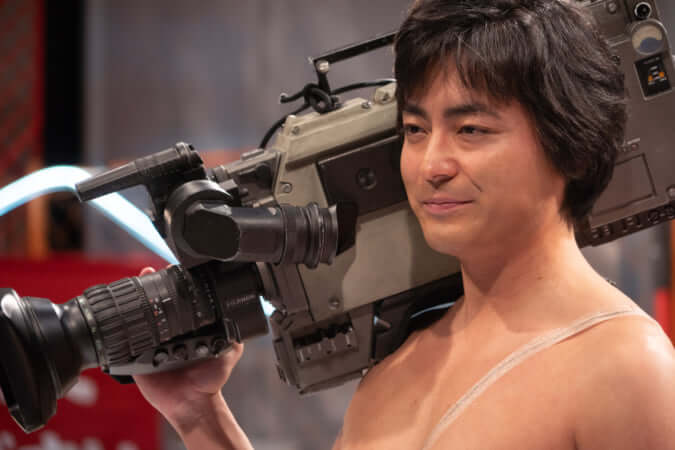Daido Moriyama, Flaming Glory
A new edition of the book ‘Farewell Photography’, the seminal work by the photographer from 1972, is now available.
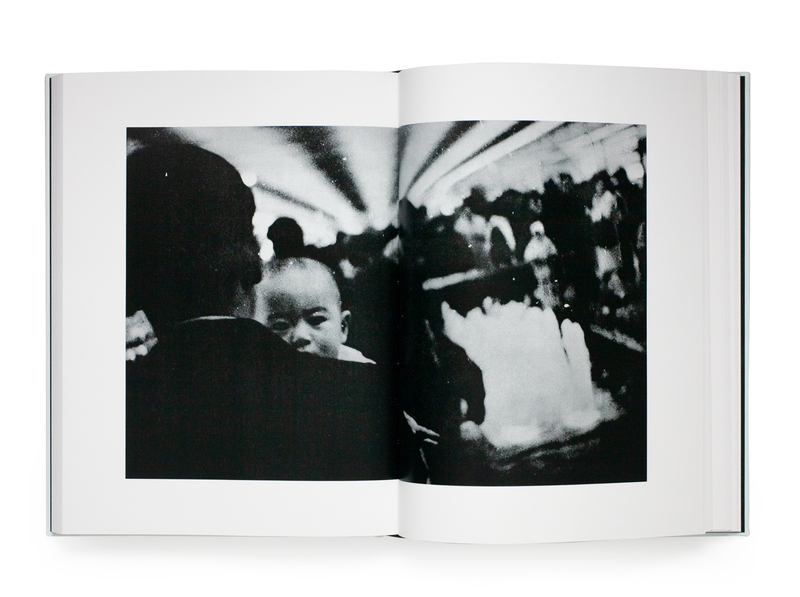
‘Farewell Photography’ © Daido Moriyama - bookshop M / Getsuyosha
Photographed in black-and-white, and often unclear, damaged, or constructed through the variations in the intensity of the grain where the film is visible, the 1972 work Farewell Photography is considered to be a key moment in the career of Daido Moriyama. In 2019, a new edition of the publication was released by Getsuyosha / bookshop M.
The photographer, and former assistant to Eikoh Hosoe, before joining the Provoke movement and publishing a magazine with his friend and critic Takuma Nakahira, was 34 years old when the first edition of the publication was released. He wished to say farewell to a form of photography that was too self-satisfied to question its own meaning. It was a radical gesture, emerging from a long period of reflection, that lead Moriyama to burn the negatives from Farewell Photography, save for just 30 or so. Fifty or so more were later found with his publisher. The first edition has since been integrated into the work The Book of 101 Books: Seminal Photographic Books of the Twentieth Century (2001) by Andrew Roth.
A sombre work, breaking with the codes of the era
Speaking to Mark Hudson, journalist for The Telegraph, Daido Moriyama announced that ‘the book was incomprehensible to everyone, which was what I intended.’ Here, the dark face of Tokyo in the 1960s and 70s and its sociopolitical context is presented through blurry, grainy, imbalanced images – a far cry from the standards of the internationally celebrated American photography of the time. The project was a turning point in the career of Daido Moriyama, who soon after became a more conventional artist. ‘I started photographing things that are in the DNA of Japan: cherry blossoms, and the most beautiful views of Japan as you’d see them in postcards – only I made these images really dark.’
After an initial re-edition in 2007, which was met with great success, the new version includes a conversation between Daido Moriyama and Takuma Nakahira, translated into English for the first time, plunging the reader into a key moment in the history of photography and the Japanese cultural scene. According to the editor, this new edition is not just a republication of a classic, but a reinterpretation.
Farewell to Photography (2019), by Daido Moriyama is published by Getsuyosha / bookshop M.
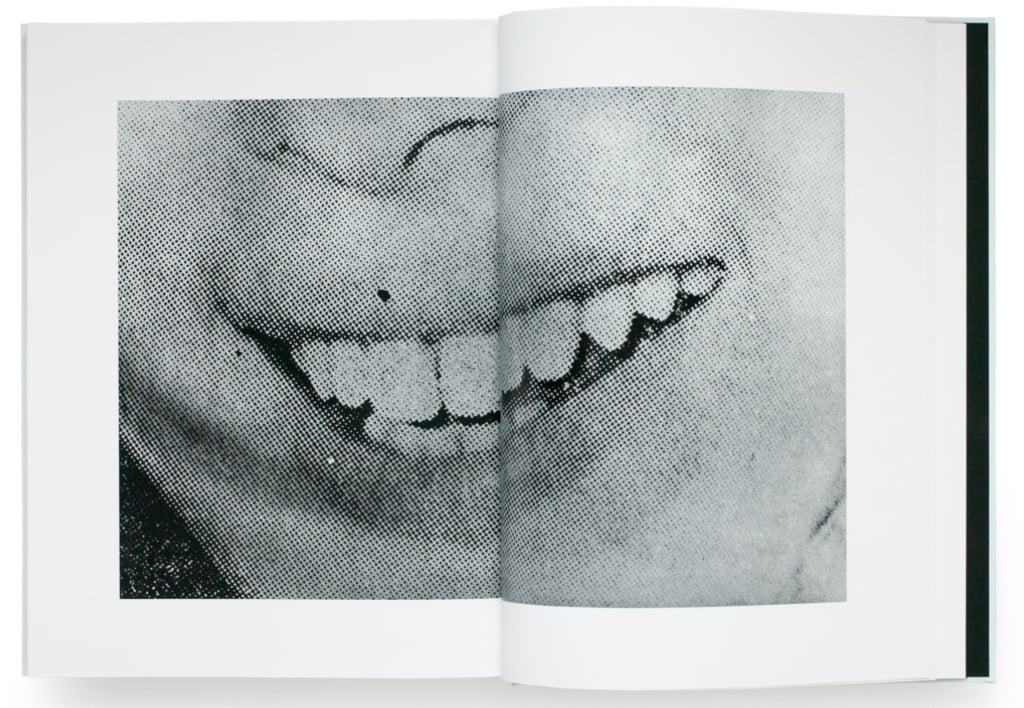
‘Farewell Photography’ © Daido Moriyama - bookshop M / Getsuyosha
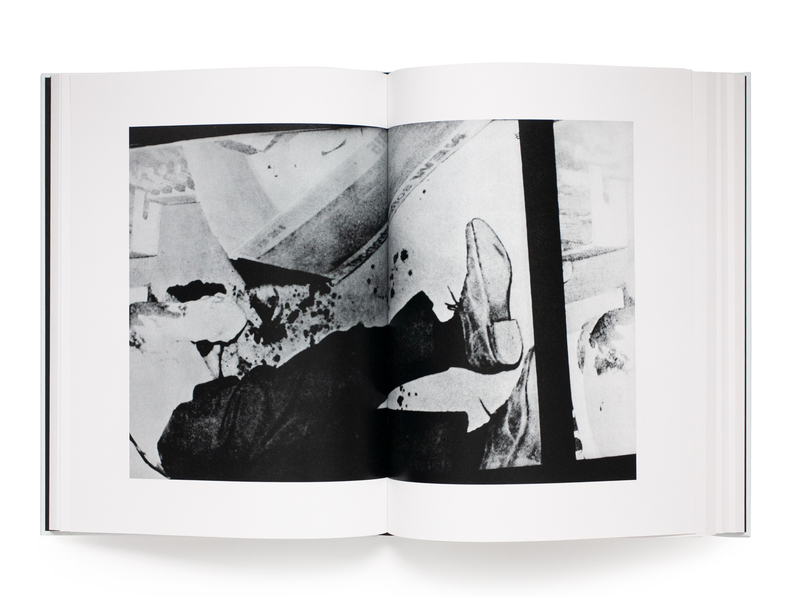
‘Farewell Photography’ © Daido Moriyama - bookshop M / Getsuyosha
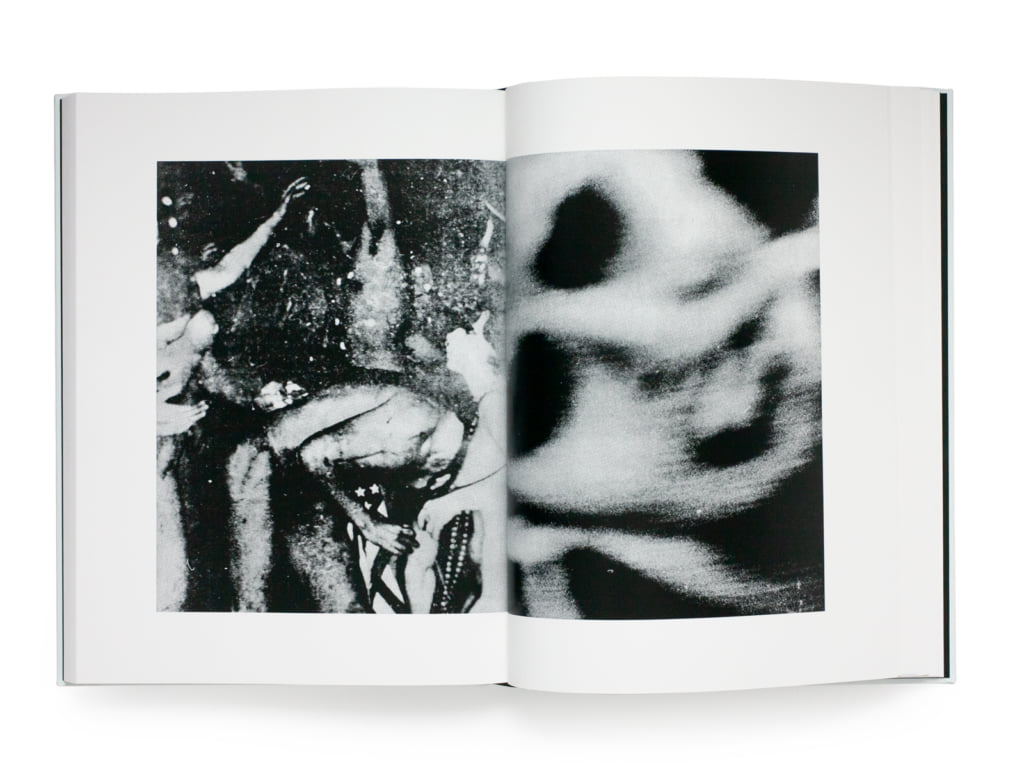
‘Farewell Photography’ © Daido Moriyama - bookshop M / Getsuyosha
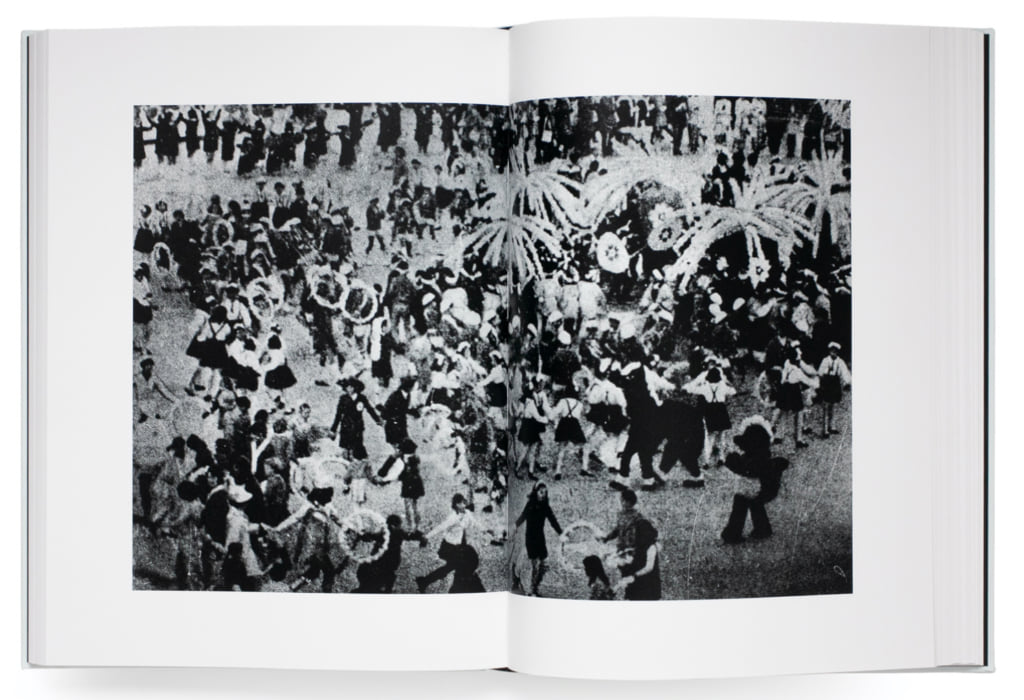
‘Farewell Photography’ © Daido Moriyama - bookshop M / Getsuyosha

‘Farewell Photography’ © Daido Moriyama - bookshop M / Getsuyosha
TRENDING
-
Ishiuchi Miyako, A Singular Perspective on Women
Recipient of the 2024 Women in Motion Award, the photographer creates intimate portraits of women through the objects they left behind.

-
Recipe for Ichiraku Ramen from ‘Naruto’ by Danielle Baghernejad
Taken from the popular manga with the character of the same name who loves ramen, this dish is named after the hero's favourite restaurant.

-
Namio Harukawa, Master of Japanese SM Art
'Garden of Domina' offers a dive into the world of an icon of ‘oshiri’, whose work has now reached a global audience.

-
The Tattoos that Marked the Criminals of the Edo Period
Traditional tattoos were strong signifiers; murderers had head tattoos, while theft might result in an arm tattoo.

-
The Emperor of Japanese Porn is Now the Star of a Netflix Series
Deliciously funny, The Naked Director especially succeeds in reviving the atmosphere that was so characteristic of 1980s Japan.





